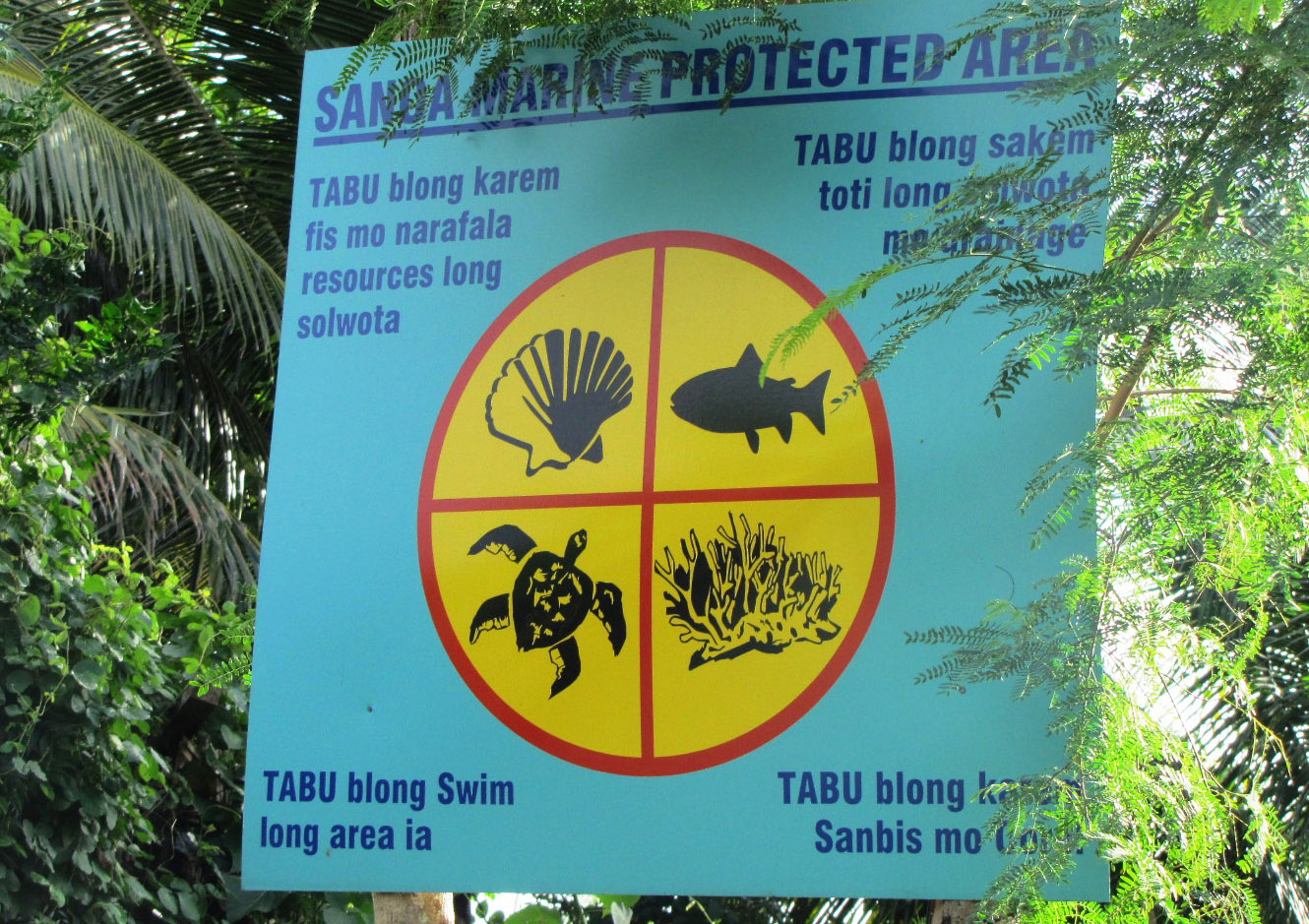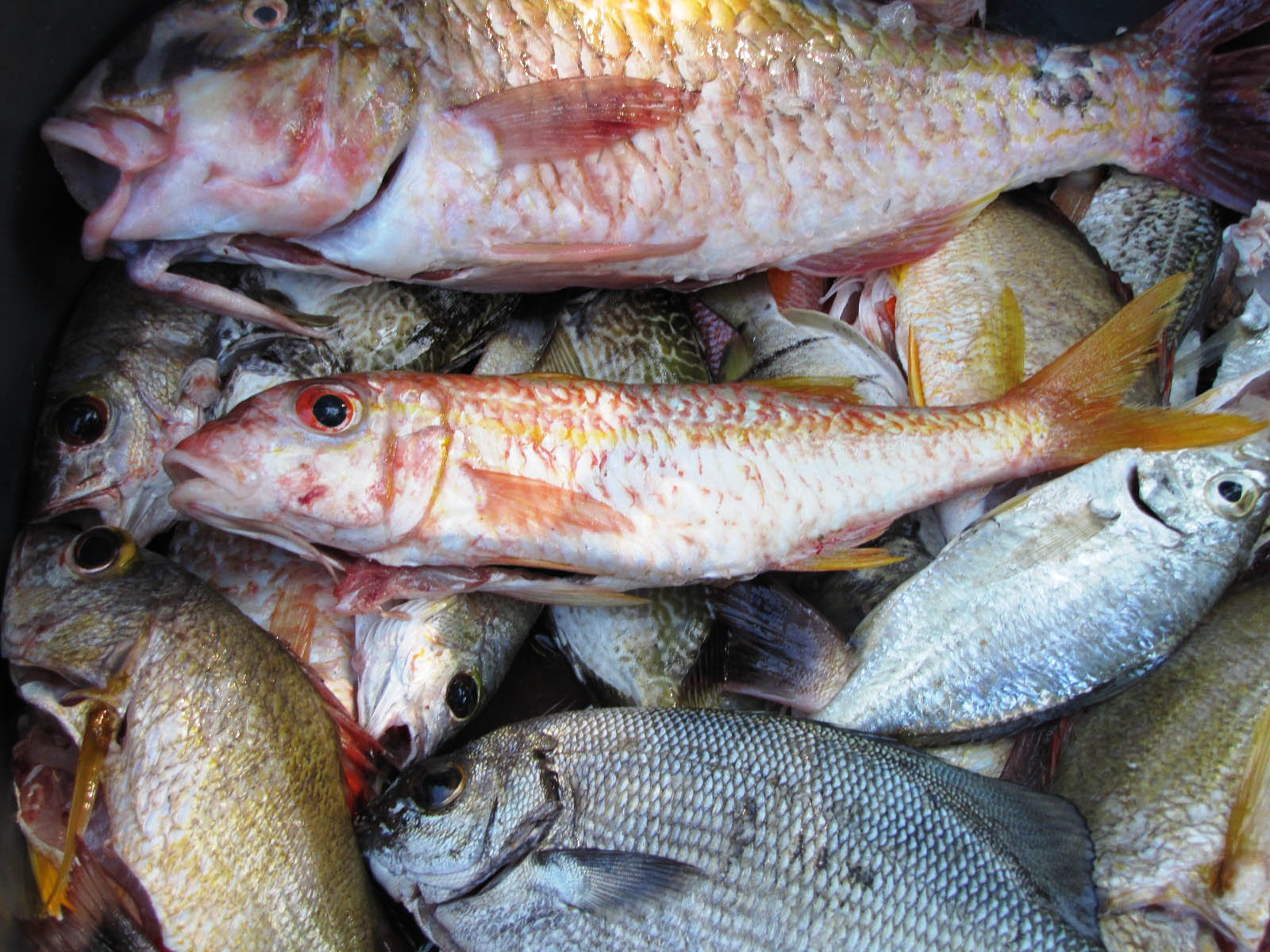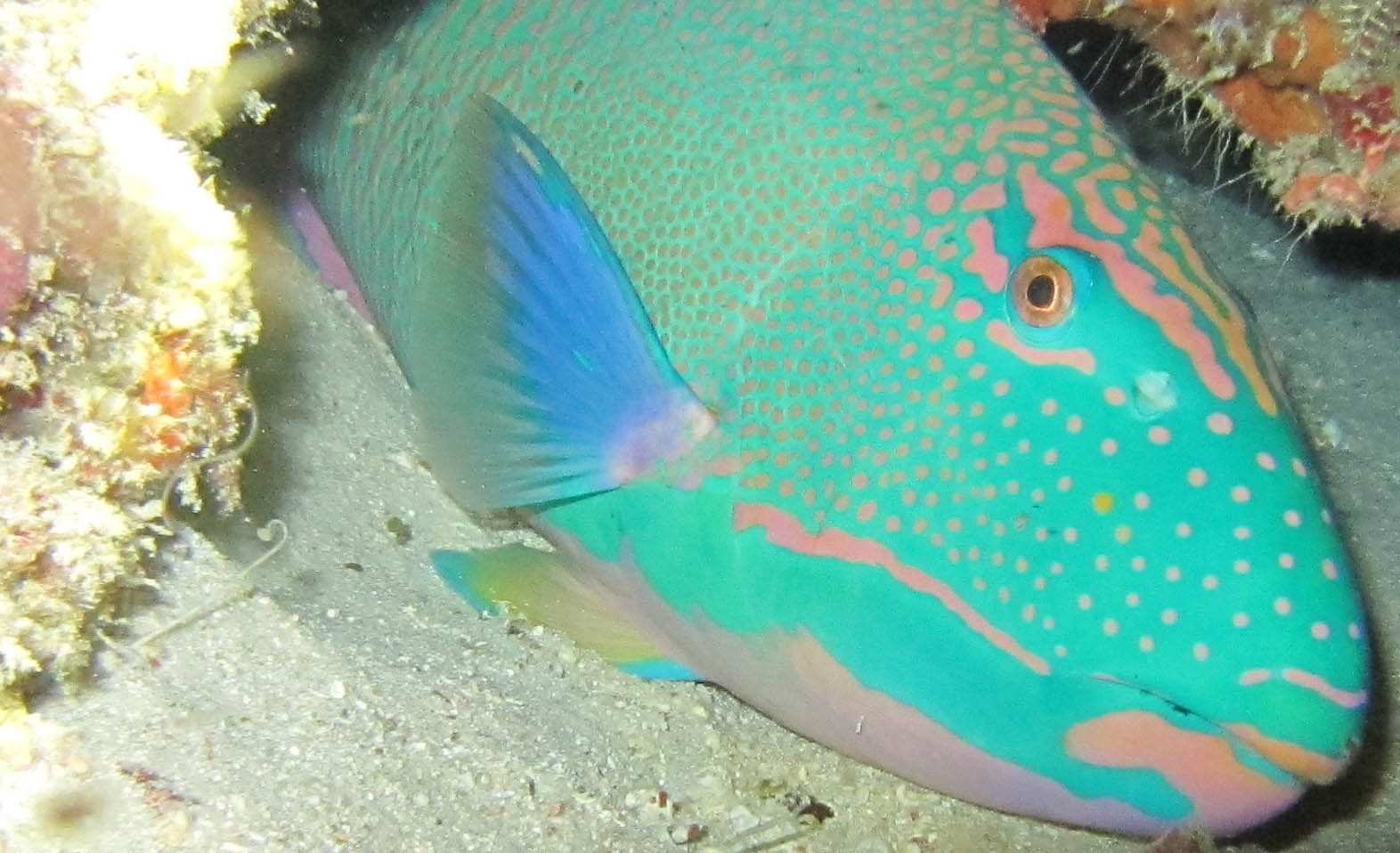« Gestion communautaire de la pêche au Vanuatu »
« Community-based fishery management in Vanuatu »
2011-2013, 15 000 €
Partenaires : IRD, Université Montpellier 2, Ministère chargé des pêches au Vanuatu
Etude interdisciplinaire (halieutique, géographie culturelle) de la gestion communautaire de la pêche récifale sous l’effet des projets de conservation
Community-based fishery management (CBFM) is a common practice in Vanuatu and is imbedded in the traditional rights of family clans, chiefs or villages that own the land. In the modern times, traditional systems have been weakened by increased pressure from social, cultural, economic, institutional and political factors. This research aimed to suggest practical management solutions based on community perceptions and governance structures both at the community and the national government levels to address the current challenges in reef fisheries in the country.
CBFM was investigated in 28 villages in Efate, Malekula and Santo islands in Vanuatu. Semi-structured, group interviews were conducted in each village following a comparative and historical approach. Data was collected concerning the current organization of fishing practices, perceptions of current management issues and suggestions, and local management systems including the fishing rules in force, the presence of informal management committees, and possible contribution of external agencies (e.g., NGOs, government, foreign public institutions). Spatial data were gathered using satellite images and participatory mapping and incorporated into a geographic information system.
Although the survey is based on three islands only, overall results challenge the current effectiveness of community-based fisheries management in achieving sustainability of reef fisheries in Vanuatu and highlight the over-reliance on small fishery reserves as a management tool. They suggest moving from an idealized conception of CBFM to an operational stage that includes evaluation of the performance of CBFM regimes and of the types of external support that are most appropriate. In particular, providing external assistance for tools of high social acceptability and supporting local needs would very likely prove more effective in achieving sustainability of fisheries than short-lived generic approaches derived from conservation, ecosystem management and participatory approaches. Recommendations were discussed to strengthen community initiatives as part of a multi-scale co-management approach, e.g. by new specific national regulations governing subsistence and commercial reef fisheries.
Questionnaire: https://umr-entropie.ird.nc/index.php/download_file/view/328/432
Final report: https://umr-entropie.ird.nc/index.php/download_file/view/326/432
MSc report: https://umr-entropie.ird.nc/index.php/download_file/view/323/432
Communication: https://umr-entropie.ird.nc/index.php/download_file/view/327/432
https://umr-entropie.ird.nc/index.php/download_file/view/329/432



